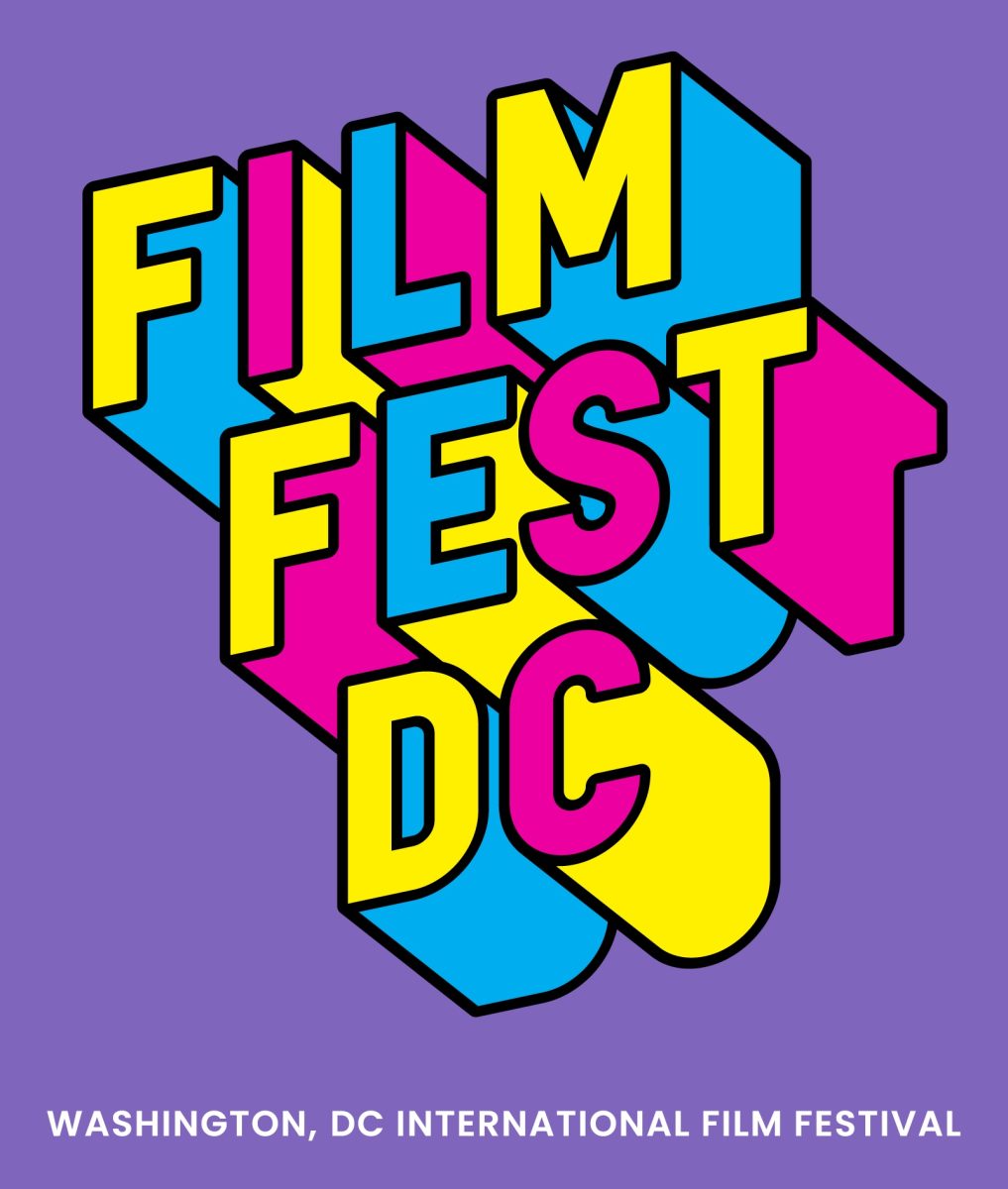The annual Washington DC International Film Festival returned this April for its 38th year, screening 65 films from 32 different countries over 10 days. The festival features a variety of genres, including documentaries, thrillers and comedies. The films were shown in various theaters around Washington, including the John F. Kennedy Center for the Arts, outside on the pier at the Wharf and at Landmark’s E Street Cinema.
Filmfest was created by Tony Gittens in 1987, who has served as the director ever since. “We wanted to bring films to Washington that normally don’t get here,” Gittens said in an interview on Good Morning Washington. He described the festival as “a way to bring these new voices to our city,” emphasizing the importance of highlighting international stories in the Washington community.
“Washington is a very special place. The filmmakers love coming here,” Gittens said. “Our audiences are smart, open-minded and willing to engage them.”
Gittens’ hope is to inspire a new generation of filmmakers. “For so many of these filmmakers, it gives them that opportunity to be able to get their work out in public,” he explained.
A portion of the festival called “Justice Matters” focuses on activism, including films about environmental issues, migration and criminal justice. Gittens believes these films are a great way to educate people about current social justice issues, explaining that “people would be happier and would learn more if they saw the film.” Themes of injustice are especially relevant to Filmfest DC’s audience, given Washington’s political environment.
In addition to Justice Matters, Filmfest screens a variety of other categories. Some highlights of this year’s festival include “The Lighter Side,” a selection of international comedies; “Arabian Sights,” a collection of films from and about the Arab world; and “DC4Real,” films by local Washington filmmakers. This wide array of categories ensures that anyone can find a film that interests them.
Filmfest is also partnering with the Washington Educational Telecommunications Association (WETA), and Howard University’s public TV station (WHUT), to make a collection of films by local filmmakers accessible to those at home. WETA, Filmfest’s official television station, will screen a selection of short films, and WHUT will screen “Freedom Hair” and “Hope of Escape,” two “DC4Real” films.
A few of many notable films at this year’s festival include “Thelma,” a comedy directed by Josh Margolin about a ninety-three year old grandmother who becomes an action hero; “Bye Bye Tiberias,” a documentary directed by Lina Soualem about a woman returning to her home in Palestine after leaving years earlier; and “In the Rearview,” a documentary directed by Maciek Hamela about the journey of Ukrainians seeking refuge from the war in Poland.
“The festival also brings people together… people who wouldn’t normally talk to each other. It makes the world a better place,” Gittens concluded.











































